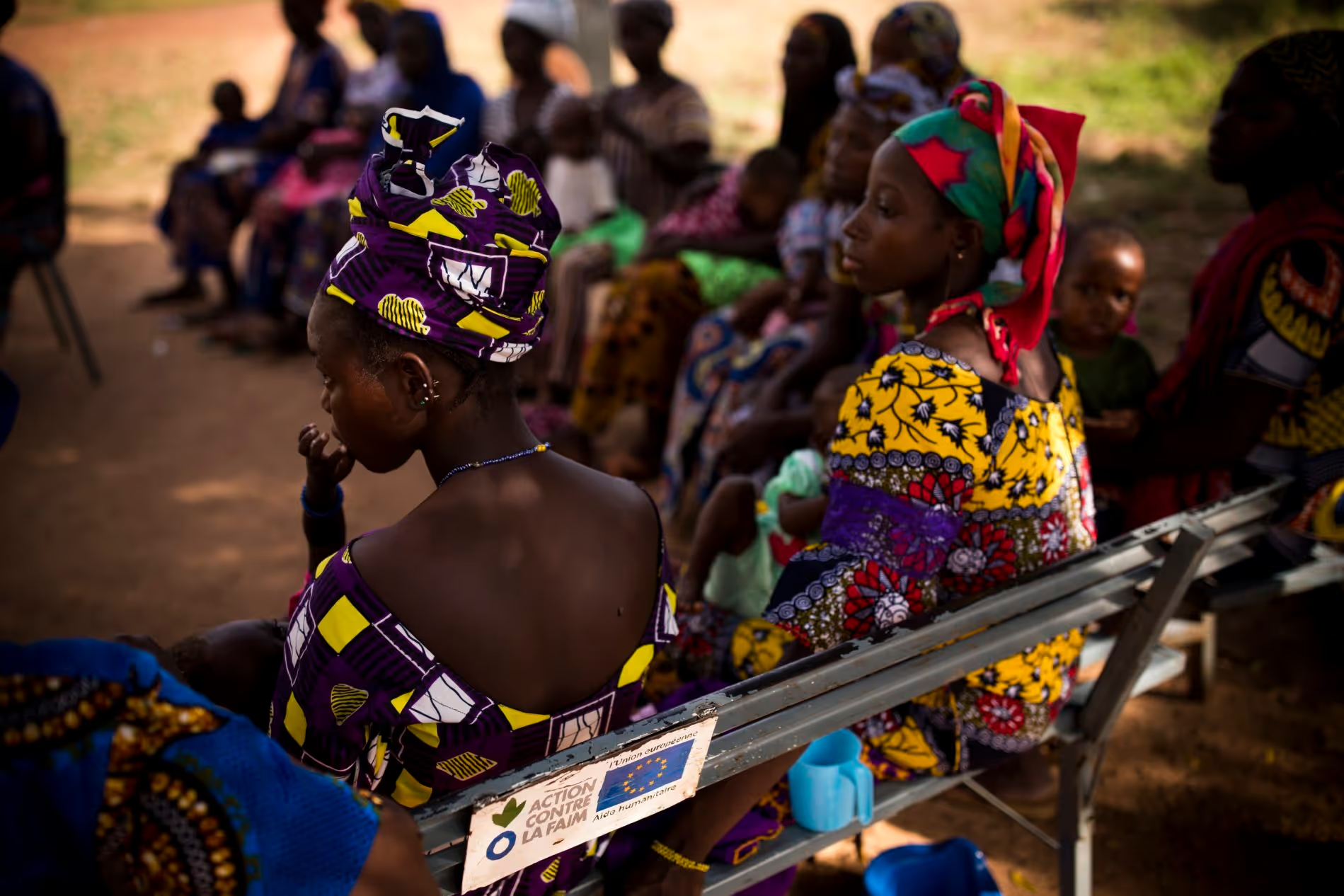Impact Case Study: Improving treatment of acute malnutrition for children in emergencies

Background
In the central Sahel region, nearly one million children under the age of five are at risk of severe wasting, a form of acute malnutrition. Tackling acute malnutrition in emergency settings is complex due to the use of multiple diagnostic criteria and different nutritional treatment for SAM and moderate acute malnutrition (MAM). This complexity hinders both diagnosis and treatment delivery. Currently, the regional approach does not allow community health workers (CHWs) to treat children with SAM. However, decentralising management to CHWs has shown promise in non-emergency settings, where it has led to high cure rates and cost-effectiveness.
The study
The study, conducted in Diffa (Niger) and Gao (Mali), aimed to address the challenges of treating children with SAM in emergency settings by evaluating the effectiveness, coverage and cost-effectiveness of a simplified treatment protocol used by CHWs and health staff from health facilities. The simplified protocol involves using just one diagnostic criterion (MUAC) and a single treatment product (ready-to-use therapeutic food, RUTF) with fixed doses for SAM (two sachets) and MAM (one sachet). The study evaluated the effectiveness, coverage and cost-effectiveness of integrating the treatment of acute malnutrition with a simplified protocol in the iCCM intervention, where CHWs provide treatment for other major childhood mortality diseases.
Key factors contributing to the study's success included a well-established research consortium, strong alliances with nutrition actors, and a unified push for simplified treatment protocols.
Findings and impacts
- Led to policy changes in Niger and Mali, incorporating the simplified protocol for acute malnutrition management into national guidelines in exceptional circumstances, and allowing CHWs to deliver treatment in emergencies
- Strengthened the evidence for using CHWs in SAM treatment, gaining recognition from key organisations influencing global policy on simplified approaches
- Accelerated further studies and collaborations, with the potential to scale up and improve services for thousands of children across the region
Lessons learnt
- Build on existing advocacy networks and messaging
- Use key sector networks, channels and platforms
Partners
Action Against Hunger (AAH), Nutrition Direction Ministry of Health Mali and Niger, Research Group Epidemiology and Nutrition (EPINUT) at Universidad Complutense de Madrid, Spain
Methodology
R2HC captures detailed case studies through a process that triangulates and validates evidence on uptake and impact. The case study methodology and full version of this summary case study including references are available on request. Outputs and resources from this study are available on the project page.